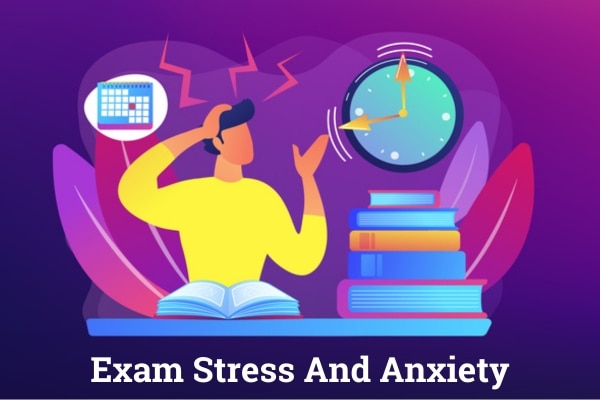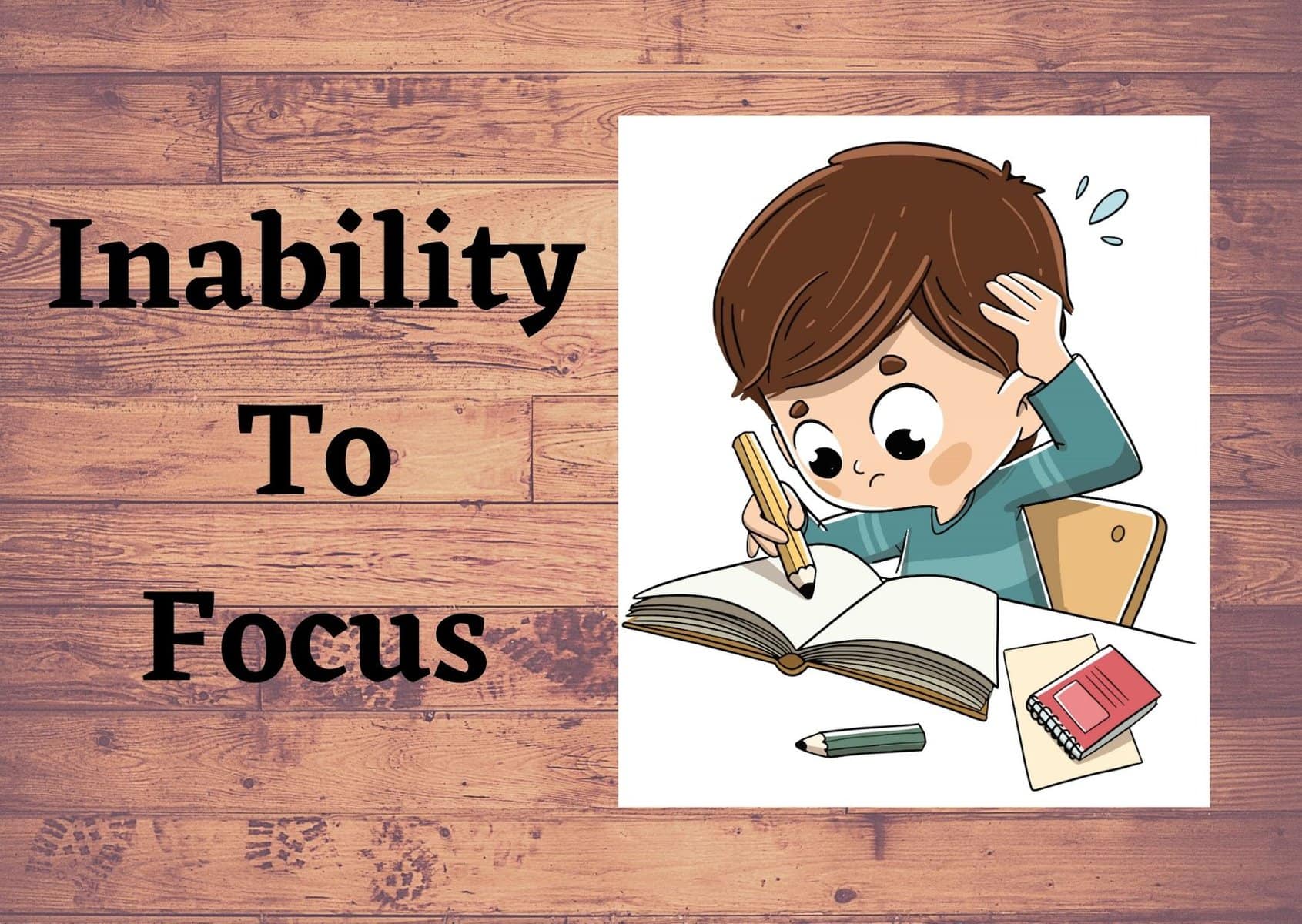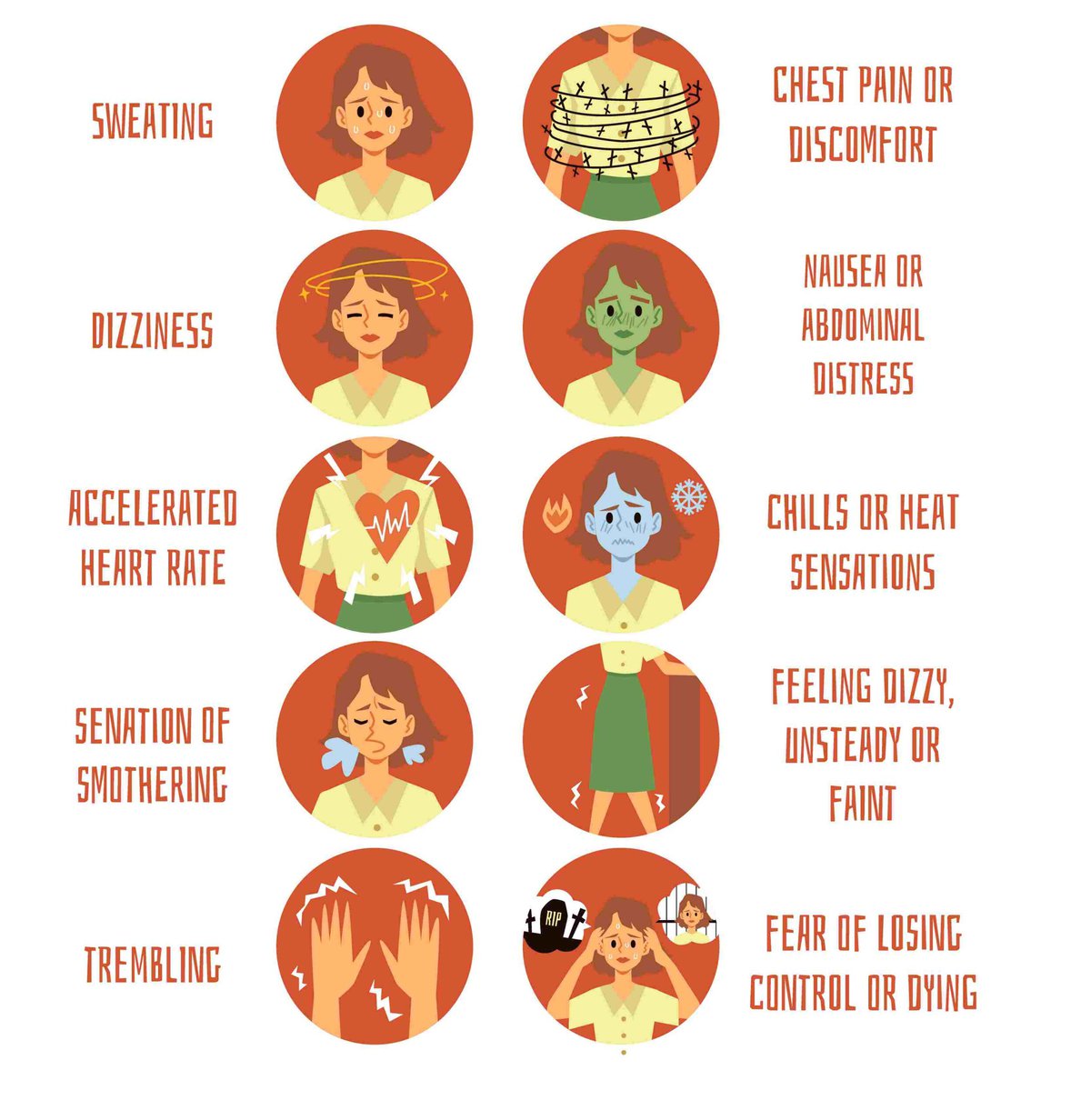“Fairy tales are more than true: not because they tell us that dragons exist, but because they tell us that dragons can be beaten.” – Neil Gaiman.
As a student in Singapore, it’s no secret that exams are a crucial part of your academic journey. However, with the pressure to perform well and the fear of failure looming over your head, it’s not uncommon to experience exam anxiety. The stress and anxiety can make it difficult to focus and perform at your best, leading to poor results and a negative impact on your overall academic performance. But fear not, as there are effective strategies to manage exam anxiety and achieve success. In this article, we’ll explore some practical tips and skills that you can use to overcome exam anxiety, stay calm, and perform to your fullest potential. Whether facing your first major exam or preparing for a challenging test, this guide will equip you with the tools to handle stress and achieve your academic goals.
What Is Exam Anxiety?
Exam anxiety can be described as a type of performance anxiety, which is the fright of not performing well in a particular situation. In the case of exams, this can be due to the pressure to perform well, the fear of failure, or the belief that your performance will determine your worth.
It’s important to understand that exam anxiety is a normal experience that can affect anyone. However, it’s essential to recognize the difference between healthy stress and overwhelming anxiety. Healthy stress can boost your motivation to study and perform well, while overwhelming anxiety can hinder your concentration and limit your performance.
The Effects of Exam Anxiety on Your Performance
Exam anxiety can have significant effects on your academic performance. It can lead to poor concentration, memory recall, and problem-solving abilities, which can negatively impact your exam results. Additionally, exam anxiety can lead to physical symptoms such as sweating, shaking, and racing heartbeat, which can distract you from the exam and further increase your anxiety.
Moreover, exam anxiety can impact your mental health, leading to increased stress levels, decreased self-confidence, and negative self-talk. It can also lead to a fright of exams, which can be challenging to overcome and may affect your future academic pursuits.
Exam anxiety is normal, especially to first-time candidates or when taking a major or final test. Although it is typical, it can have both positive and adverse impacts on the candidate and the overall performance, depending on the anxiety level, how you deal with the exam anxiety and your perspectives.
Positive Impacts of Exam Anxiety
The positive impact of exam anxiety is Improved concentration.
It triggers alertness, preparing your mind to handle even relatively challenging papers effectively, therefore, improving performance. According to The Yerkes-Dodson law, a certain level of stress (arousal level) improves performance through awakening and keeping your mind focused throughout the exam period.
Adverse Impacts of Exam Anxiety
Regarding negative impacts, exam anxiety leads to
Lack of concentration and memory
The Yerkes-Dodson law suggests that when the nervousness exceeds the arousal levels, it influences the mind negatively. It affects the candidate’s cognitive ability and memory, leading to poor performance.
Poor Self-Esteem
When the stress level gets exceptionally high, it lowers self-esteem, triggering the urge to run (the flight response). Here, you will find the participants avoiding or wanting to quit the test.
Other Impacts of exam anxiety include
– depression
– increased heart rate
– headache
– uncontrollable anger and aggressiveness
– excessive sweating
– fever
– diarrhoea
While exam anxiety can impact your performance significantly, it is advisable to know why you experience it, when it exceeds standard levels, and how to cope with it.
Why Do You Have Exam Anxiety?
Exam anxiety can have many reasons. It can be due to fear of failure, self-doubt, performance history, and unpreparedness.
1. Fear of Failure
Mostly, main tests like the final exam come with a lot of pressure from society, friends, and tutors. The pressure triggers fear significantly, leading to extreme anxiety.
2. Performance History – If you have had poor performance in the past, you will probably develop a negative attitude, intensifying anxiety. Past memories of not performing well in an exam can lead to excessive exam anxiety. I do help my clients overcome their exam anxiety with EMDR therapy and Brainspotting therapy. You can book a session right away to help you on your journey to do well in your exams.
3. Self-Doubt – Lack of confidence is usually associated with poor prior performance and exam difficulty variation. When the presented test becomes more challenging than you expected, you will probably doubt your abilities. Also, remembering your poor previous scores on related tests can lower your self-esteem, therefore, increasing anxiety.
4. Unpreparedness

5. Extreme Competition – Competition can inspire or demotivate you. Competing with highly knowledgeable people lowers self-confidence and increases anxiety.
6. Judgments from Others – How society, tutors, and relatives perceive your ability can also trigger exam anxiety. The fear of letting them down by failing can significantly intensify the tension, especially if they believe in your knowledge. Also, the urge to prove to the community what you can achieve can be overwhelming, leading to anxiety.
7. ‘I am not good enough’ – From early childhood, when people compare you to others like your siblings, classmates, and others, you may develop a self-limiting belief, ‘I am not good enough.’ This belief can give immense exam anxiety.
How Do You Know That Your Test Anxiety is Exceeding Standard Levels (Arousal Level)?
We can look at some of the exam anxiety symptoms.
Physical Symptoms
You know you are anxious when you experience:
– sweating
– fever
– shaking
– dry mouth
– discomforts in the stomach
– irregular heart rate.
– experience vomiting
– nausea
– and diarrhoea when having severe anxiety
Watch out for the above symptoms. If you notice a few of them within yourself or your loved ones, you will need to take action as soon as possible.
Emotional Symptoms
Emotional symptoms of exam anxiety include.
– depression
– aggressiveness
– anger
– decreased self-esteem.
Psychological Symptoms
Anxiety enhances adrenaline production – the ‘fight or flight’ hormones that help to deal with scary situations. In extreme exam anxiety, you may feel the urge to avoid the exam – the flight response.
The response can affect your concentration and memory significantly. Here, you will find it difficult to remember or concentrate. You may sit for an exam and realise you are blankly staring at the paper. You may not be able to write your answers even though you know them because nothing seems to come to your mind. You may also develop negative self-talk like “I can’t do this,” “I am not ready for the test,” and other negative self-talk that can affect your focus.
How Do You Overcome Exam Anxiety?
To overcome recurrent exam anxiety, I emphasise the following seven tips.
1. Establish Causes of Your Anxiety
The first step to overcoming a problem is to establish the exact cause of that problem. From there, you can determine ways of mending them.
Weaknesses are the primary causes of your exam anxiety. To know your weaknesses, evaluate your past experiences.
What made you nervous?
Is it unpreparedness, demotivation, or competition?
Is it about past experiences of not doing well? Of receiving shoutings from parents?
Being aware of your weaknesses will help you determine an ideal way to cope with stressors. Once again, if the triggers are in your past experiences, therapy helps immensely.
2. With Awareness, letting go of perfectionism
Perfectionism is an avoidable self-oppression that can quickly lead to unbearable consequences. I recommend looking once again into your past. Where did the feelings of ‘being perfect’ start in your life? Note that nobody is perfect.
It’s not easy to let go of perfectionism. Perfectionism gives us the drive to do well. However, excessiveness can cause immense anxiety. I usually recommend giving yourself permission every day, even if it does not resonate with you. One simple permission will be, “I am Ok. It’s Ok if I write my exams and I am not perfect. I will at least move ahead in life rather than regret it later.”
Every person has a reason for being perfect; explore that reason. Now write down when you need to be perfect and when it’s ok to let go. And permit yourself to let go.
3. Positive Brain Power – Focused and Stay Motivated
Focus is also a leading determinant of your success. Do not focus on beating your competitors. Focus on the prize. The prize will help you stay motivated.
While we all strive to win, it is highly recommendable to know that failure is sometimes inevitable. Your previous scores are not a replica of your outcomes and should not lead you to doubt your ability.
Also, watch out for negative thoughts and believe in your ability.
4. Prepare in Advance – Avoid Procrastination
While self-doubt is one of the critical causes of exam anxiety, studying effectively and preparing for your test in advance helps build self-confidence, an essential element in combating stress.
It is advisable to set an efficient study schedule and stick to it. Also, while preparing, ensure to pinpoint your weak spots and emphasise them.
Tip: Always avoid thorough revisions right before a test, as this can leave you overwhelmed.
5. Ensure Enough Sleep and Rest
Rest and enough sleep have significant effects on the brain and entire body. They are vital elements of ensuring a healthy brain, which is essential in fighting anxiety. Both rest and sleep influence mood, memory, and cognitive ability positively.
6. Ensure Healthy Lifestyle
Lifestyle influences your brainpower significantly. When I talk of lifestyle, I refer to diet, drugs, and other things that can affect your cognition and memory. Note that some foods enhance development while others deteriorate your brain health. Highly caffeinated substances and alcoholics are not recommendable during test-taking.
7. Drink Enough Water
Water complements the brain nutrients, anxiety fighting ingredients. It also helps to keep your body and brain hydrated. Most research has linked brain dehydration with anxiety and other cognitive conditions. Therefore, it is highly recommendable to stay hydrated throughout test-taking sessions.
Final Thoughts
Although exam anxiety is normal, it is recommendable always to be prepared to deal with it. Always ensure a healthy lifestyle to improve and maintain your brain health to avoid awful exam anxiety conditions.
To sum up, our discussion, let’s look at some of the frequently asked questions about exam anxiety.
Is Exam Anxiety the Same as Exam Stress?
Most researchers use the two terms interchangeably, as academic stress is also a cause of exam anxiety. However, there is a significant difference between them. Academic stress is a broad term referring to all negative impacts related to managing coursework – starting from time pressure, exhaustion of handling different educational projects to taking the examination, and personal lifestyle.
On the other hand, exam stress refers to a specific situation where an individual finds exam threatening.
Are there Therapies for Exam Anxiety?
As a psychotherapist, I have seen effective results with EMDR therapy and hypnotherapy for overcoming exam anxiety. I also hear Cognitive-Behavioral Therapy (CBT) is also effective exam anxiety treatment. Ensure to evaluate them and choose one that works best for you.
How Do I Overcome Anxiety in an Exam Room?
Exam anxiety is unavoidable and can strike you as soon as you receive the test paper. To cool anxiety in such situations, practice relaxation techniques – such as mindfulness or visualisation, that works best for you. However, the first thing you should do is to acknowledge your feelings.
Please go through my article on 22 ways to relieve stress. I am sure you will find at least one way that will suit you. I hope this article helps you to understand your exam triggers and working on them.






















